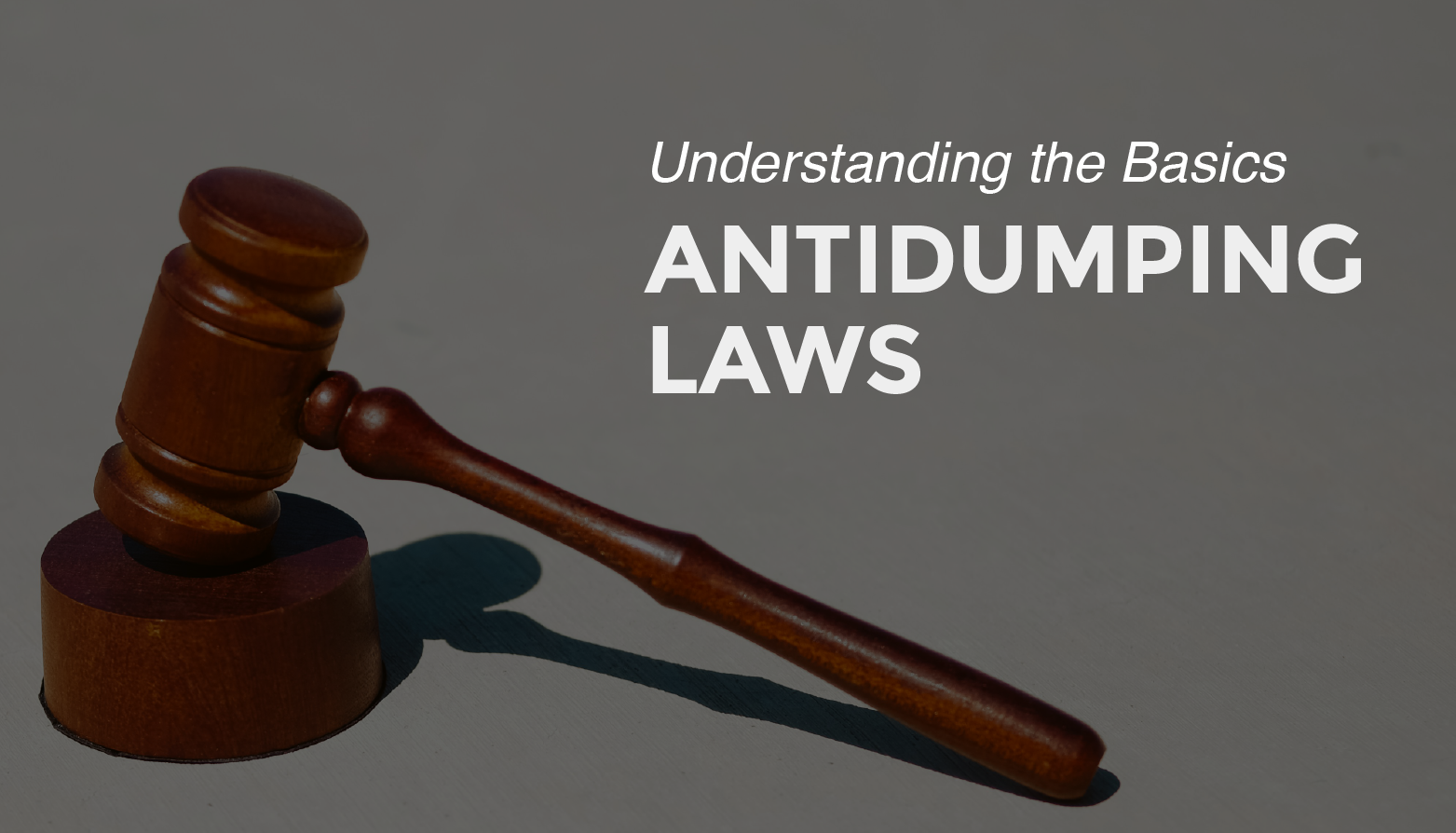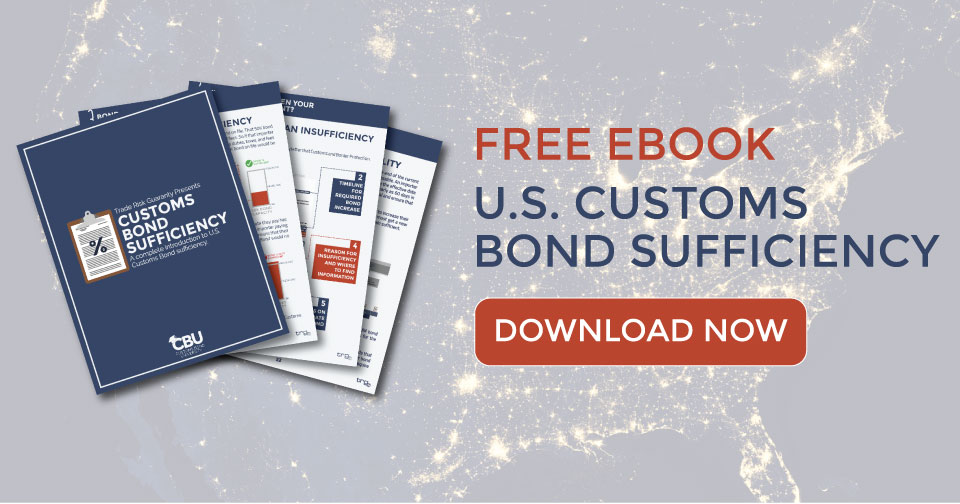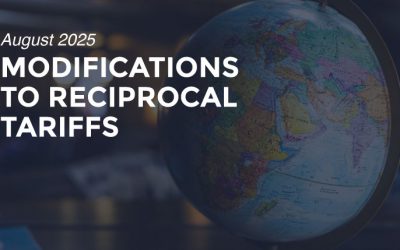Antidumping laws in the United States can be very intimidating for businesses that import, but the first step to protecting yourself is understanding the basics.
In global trade, it’s important to price imported goods fairly, not just for competition but also for legal reasons. Antidumping (AD) laws are put in place when low-priced imports threaten a country’s domestic industry. Let’s dive into the essentials of these laws and their impact on global trade practices.
What is Dumping?
Dumping occurs when manufacturers export a product to another country at a price lower than the price it charges in its home market or below the cost of production. This can be a tactic to quickly gain market share abroad by pushing out local competitors who cannot compete with these artificially low prices.
The Role of Antidumping Laws
Antidumping laws are regulations that countries enact to protect their domestic industries from such unfair trade practices. These laws allow governments to impose duties on foreign imports believed to be priced below fair market value.
The concept of antidumping dates back to the 19th century, but it became more formalized with agreements under the General Agreement on Tariffs and Trade (GATT) and later the World Trade Organization (WTO). These international frameworks aim to promote fair competition and provide mechanisms for imposing penalties on dumping.
Antidumping Investigations and Petitions
When a domestic industry believes it is the victim of dumping, it can file a petition with its government requesting an antidumping investigation. In the United States, for instance, this investigation is conducted by the Department of Commerce and the International Trade Commission (ITC). If they determine that dumping has occurred, and it causes or threatens to cause material injury to the domestic industry, antidumping duties can be imposed.
What is the Process of an Antidumping Investigation?
An antidumping investigation typically involves several steps: a preliminary determination, a final determination, and annual administrative reviews. The complexity of these investigations cannot be understated—they involve meticulous verification of data and consider factors like export prices, production costs, and the margin of dumping.
Learn more about the timeline of an Antidumping and Countervailing Investigation.
Long-Term Review: Sunset Reviews
Antidumping duties are not meant to be permanent. Sunset reviews occur typically every five years to assess whether the duty is still necessary to offset dumping and if its removal would likely lead to the continuation or recurrence of dumping and injury.
Antidumping: Global Implications
Antidumping laws are critical in maintaining balance in international trade. They prevent large exporters from using predatory pricing to dominate markets in other countries, which can lead to monopolies and ultimately harm consumers.
Antidumping laws serve as a defense mechanism to ensure that international trade is conducted on a level playing field. By penalizing unfair pricing practices, they help maintain a healthy competitive environment that is crucial for the global economy. It’s important for importers to understand these laws to mitigate the risk of incurring unexpected duties and to participate ethically in the global marketplace.
What Are Antidumping and Countervailing Duties?
Watch the following video for a brief explanation of antidumping and countervailing.
Did you like that video? Subscribe to our YouTube Channel to explore more informative videos on international trade topics.







![[Webinar] How Could Changes to De Minimis Impact Your Company?](https://traderiskguaranty.com/trgpeak/wp-content/uploads/2025/05/trg-how-de-minimis-impacts-customs-bond-webinar-400x250.png)